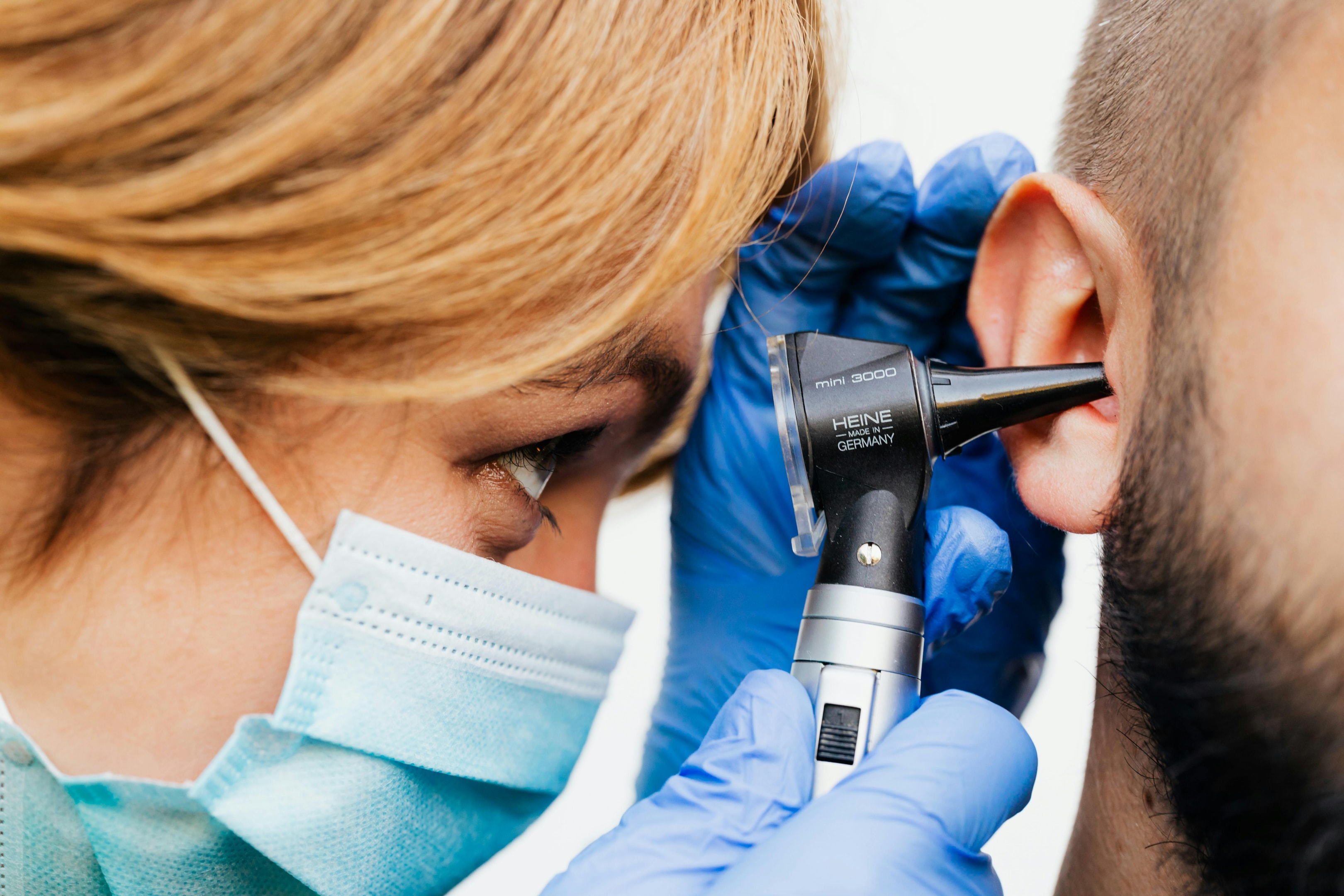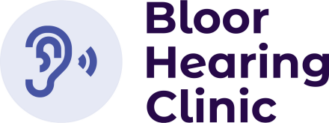
Our Blog
Difference Betweeen Audiologists and ENTs
Two key specialists play a role in maintaining optimal hearing health for effective communication and high quality of life: audiologists and ENT doctors. While their areas of expertise overlap somewhat, understanding the distinctions between them can help determine which provider is best suited for your specific needs.

In this article, we will distinguish the key roles and responsibilities of an audiologist vs ENT doctors, including the hearing health services they offer. We will also guide you through when and who to see in addressing certain ear-related conditions.
Who Is an Audiologist?
An audiologist is a healthcare professional (not a medical doctor) specializing in the diagnosis, evaluation, and treatment of hearing problems and balance disorders. In Canada, they must hold a master’s degree in audiology, requiring four years of post-graduate study following a bachelor’s degree.
Audiologists possess in-depth knowledge of the auditory or vestibular systems, providing therapies and management for ear-related issues. Apart from these roles, they also help in treating hearing loss and managing the following conditions:
-
tinnitus
-
sound sensitivity
-
earwax buildup
-
cochlear implants mapping
-
central auditory processing disorders
They also provide care related to hearing protection and conservation, counseling, and selecting appropriate hearing protection devices from hearing aid clinics Toronto. Additionally, they have expertise in fitting and programming hearing aids for optimal benefit.
For earwax removal, audiologists typically do not perform procedures themselves. They may, however, recommend consulting a healthcare professional with expertise in safe earwax removal techniques or chinese ear cleaning in Toronto.
Who Is an ENT Doctor?
An ENT doctor is a physician who has undergone extensive medical training specializing in the ear, nose, and throat (ENT). ENTs complete medical school and a residency program in otolaryngology. They may pursue further fellowship training in specific areas. Their expertise encompasses a broad range of medical and surgical conditions affecting the ENT region.
Unlike audiologists, an ENT doctor treats hearing loss using medical or surgical treatment. The conditions they address also go beyond ear health. ENT medical professionals specialize in treating disorders related to speech, sleep, sinuses, swallowing, and can perform surgery in affected areas.
What Services Does an Audiologist Offer?
Audiologists primarily focus on hearing health and provide the following comprehensive range of services.
Hearing Tests
Audiologists conduct different kinds of hearing test in Toronto to assess a patient’s hearing ability and identify potential problems, such as noise-induced hearing loss, sensorineural hearing loss, and conductive hearing loss.
Diagnosing Hearing Loss
Based on test results and medical history, audiologists diagnose the type and severity of hearing loss.
Hearing Loss Treatment
Audiologists offer various treatment options, including hearing aids, tinnitus management strategies, and aural rehabilitation to help patients adapt to hearing loss.
Hearing Aid Fitting and Programming
Audiologists can fit patients with hearing aids, customizing them for optimal sound amplification based on individual needs.
Balance Disorder Treatment
Some audiologists specialize in vestibular rehabilitation, which helps manage balance problems associated with inner ear issues.
What Does an ENT Doctor Do?
ENT doctors, on the other hand, manage a wide spectrum of medical conditions affecting the ears, nose, and throat. Below is a list of their scope of practice.
Ear Infections and Diseases
ENTs diagnose and treat ear infections, including swimmer’s ear and otitis media.
Ear Pain
They investigate and treat various causes of ear pain, such as earaches associated with ear infections, ear canal blockages, or ear trauma.
Sudden Hearing Loss
ENTs are equipped to address sudden sensorineural hearing loss, a medical emergency requiring prompt diagnosis and intervention.
Ear Surgery
ENTs perform various ear surgeries, including tympanoplasty (eardrum repair), mastoidectomy (removal of infected mastoid bone), and cochlear implant surgery.
Sinus Problems
They diagnose and treat sinus infections and other sinus-related issues.
Throat Conditions
ENTs manage throat conditions like tonsillitis, laryngitis, and throat cancer.
When to See an Audiologist
If you experience any hearing issues, such as difficulty hearing conversations, needing to turn up the volume on electronics excessively, or noticing ringing or buzzing sounds (tinnitus), an audiologist is a great first point of contact. Tinnitus clinic Toronto audiologists can conduct a comprehensive hearing evaluation and recommend suitable treatment options in this case.
They can also provide valuable guidance on protecting your hearing from damage caused by loud noises or prolonged exposure to high-pitched sounds. Many audiologist Toronto clinics offer personalized advice tailored to your specific needs and lifestyle.
When to See an ENT Doctor
Symptoms like sudden hearing loss, severe ear pain, and ear drainage may require attention from an ENT doctor.
ENT doctors are qualified to perform surgeries to address ear canal blockages, remove benign or cancerous growths, or repair damage caused by ear trauma. They can also manage balance disorders associated with inner ear problems that fall outside the scope of an audiologist’s practice.
In some cases, your primary care physician may refer you to either an audiologist or an ENT doctor based on your initial evaluation and symptoms. It’s important to follow their recommendation to receive the most appropriate care for your specific hearing health concern.
Ultimately, both audiologist and an ENT play vital roles in maintaining favorable ear health and treating hearing problems. Understanding the differences in their areas of expertise empowers you to make informed decisions about seeking the best health care professional for your individual needs.
